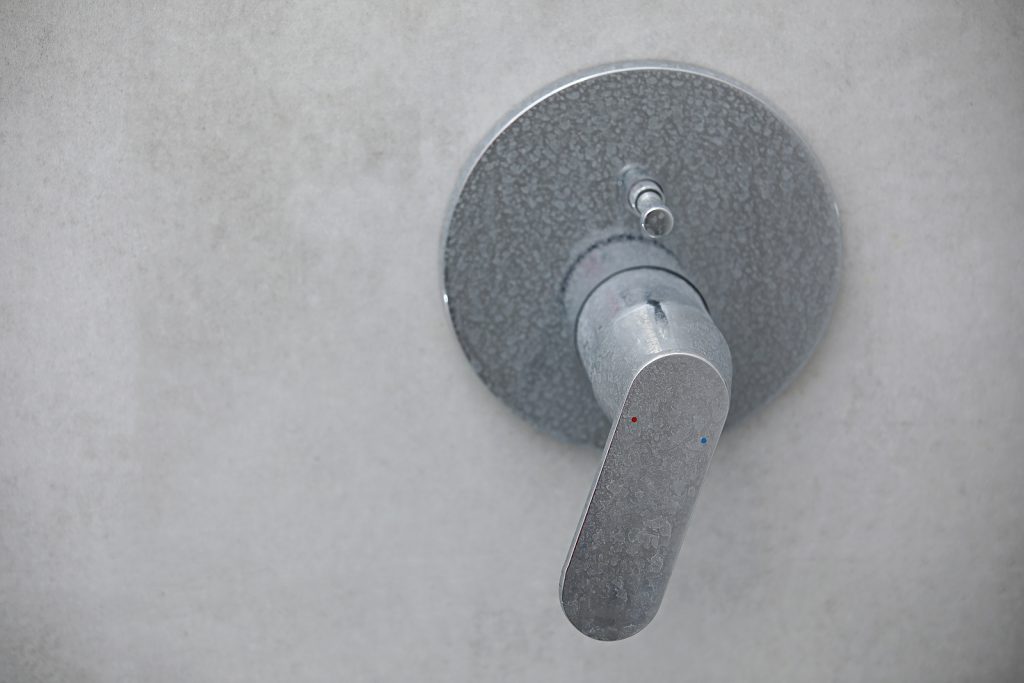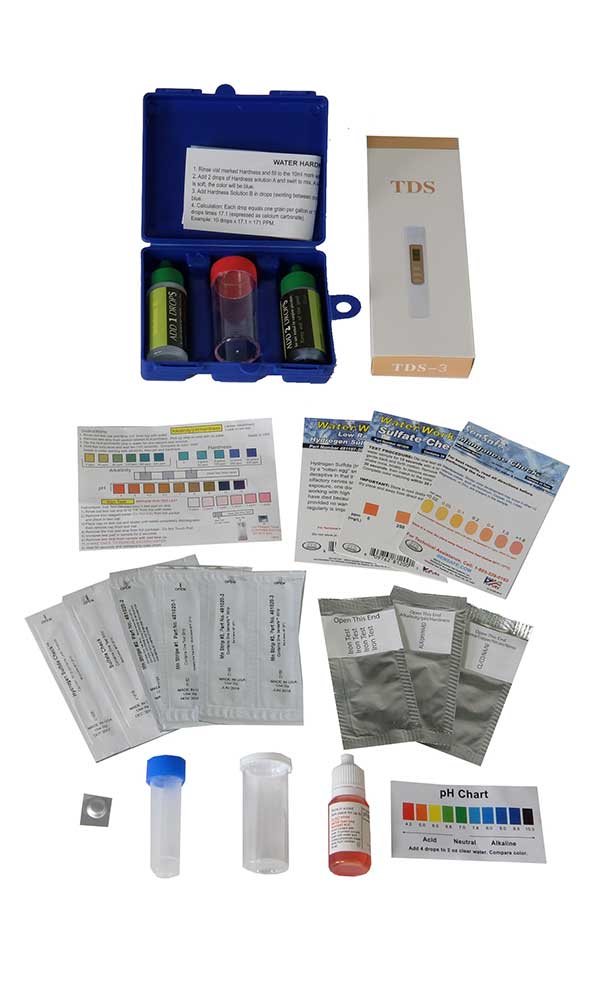The Facts About Hard Water Testing Uncovered
Wiki Article
What Does Hard Water Testing Mean?
Table of ContentsOur Hard Water Testing IdeasAll about Hard Water TestingHard Water Testing Fundamentals ExplainedHow Hard Water Testing can Save You Time, Stress, and Money.The Basic Principles Of Hard Water Testing Our Hard Water Testing Statements
As soon as the water from your shower dries, mineral deposits are left behind, triggering your once-shiny, clear shower doors and components to be covered in water discolorations. In addition, because water will certainly take longer to warm up, it will use more power and therefore enhance your utility expenses.Hard Water Testing Things To Know Before You Buy
Have you ever before wondered just how to check water hardness in your residence? The solution may be closer than you believe. Hard water is the outcome of elevated mineral degrees in the groundwater supply. While hard water might be potable water and not always harmful to your wellness, it does cause a number of unpleasant results with which you are probably familiar.While there are comprehensive tests that can offer you an exact and exact action of exactly how tough your water is, establishing whether or not you have difficult water is a much easier exercise. In this article, we're mosting likely to detail some simple to recognize ideas that can help you identify whether you have tough water.
Some of these are just unsightly, while others can impact everything from the effectiveness of your home appliances to the moisture of your hair and skin - Hard Water Testing. In the long run, you may be amazed at the lots of manner ins which hard water has had an influence on your day-to-day live and might want a entire home water conditioner
The Of Hard Water Testing
Hard water is water that has a high quantity of minerals in it. Most of these minerals are generally calcium carbonate and magnesium, nonetheless various other minerals such as manganese and iron can also be discovered in hard water samples. The higher the mineral matter in your water, the more difficult your water is considered.A higher focus than this is thought about to be tough water, with differing degrees of firmness assigned to various thresholds of calcium carbonate. The development of tough water takes place naturally via an interaction between water and the dirt it passes via. Starting as rainfall, water is mostly soft, though there may be percentages of minerals contained in rainfall.

The movement of water via the dirt and into the rivers and aquifers that provide our water system is long and tough. As water travels through soil along the road, it dissolves the bonds of the mineral ions in the dirt. These minerals are after that lugged along with the water into this link the water that reaches your faucet.
Things about Hard Water Testing
This commonly means chalk or sedimentary rock. click reference Difficult water can also consist of high degrees of iron if it relocates with iron-rich dirt. Rephrase, the presence or absence of minerals in the soil around a groundwater resource has a direct influence on just how tough the water is. This indicates that the hardness of water can differ considerably based on where you live.This is also why you might notice that the water feels various when you visit another state or nation. If you are asking yourself how to measure water hardness, there are a variety of various examinations you can do to discover whether or not your water is hard. Many municipal water vendors additionally publish information regarding what kinds of minerals and various other materials the pipes into your residence has.
An instance of a regional community water high quality record can be located here (Hard Water Testing). Short of searching a water quality report or testing the water straight at your tap using a water examination set, there are some simple observational approaches that you can utilize to figure out if your water is hard
Indicators on Hard Water Testing You Need To Know
If More Help you have noticed flaky buildup on your components after that you probably have hard water. You may have seen that the nozzles on your shower head become obstructed over time. This occlusion results from natural resources left behind by tough water. The same holds true of the nozzles in your dishwashing machine, which gradually come to be shut off by mineral down payments with time.White or grey stains have a tendency to be from calcium carbonate, while locations with a high amount of iron in the water will create red spots on fixtures and taps. If you are frequently fighting soap residue, you have tough water. Soap residue is a white, filmy layer commonly located in showers, in sinks, or on restroom fixtures.

Hard Water Testing Can Be Fun For Anyone
One of these is the result of tough water on hair. You can examine for water solidity by observing your hair hair washed with hard water will begin to create a layer of minerals on the hair roots. This mineral layer has a couple of impacts that you might not have even recognized were occurring.Typically, hair washed in hard water will, in time, become duller and do not have the vibrancy of hair washed in soft water. Your hair may additionally be drier when washed with tough water vs. soft water. The minerals transferred by hard water makes it a lot more challenging for moisturizers to penetrate your hair roots, resulting in drier hair with time.
If you wash your hands with difficult water and soap, you will possibly discover that your hands can feel a little bit dry and harsh nevertheless the soap has been visibly gotten rid of, needing cream or oil. That completely dry feeling is from a slim layer of soap sticking to the hard mineral left and staying with your hand and is an usual indication that your water is hard.
Report this wiki page